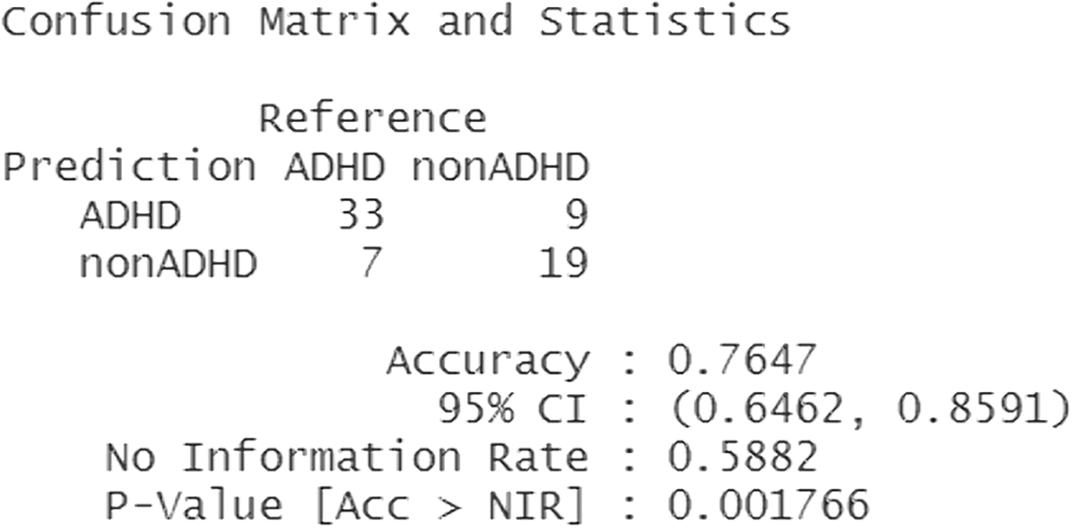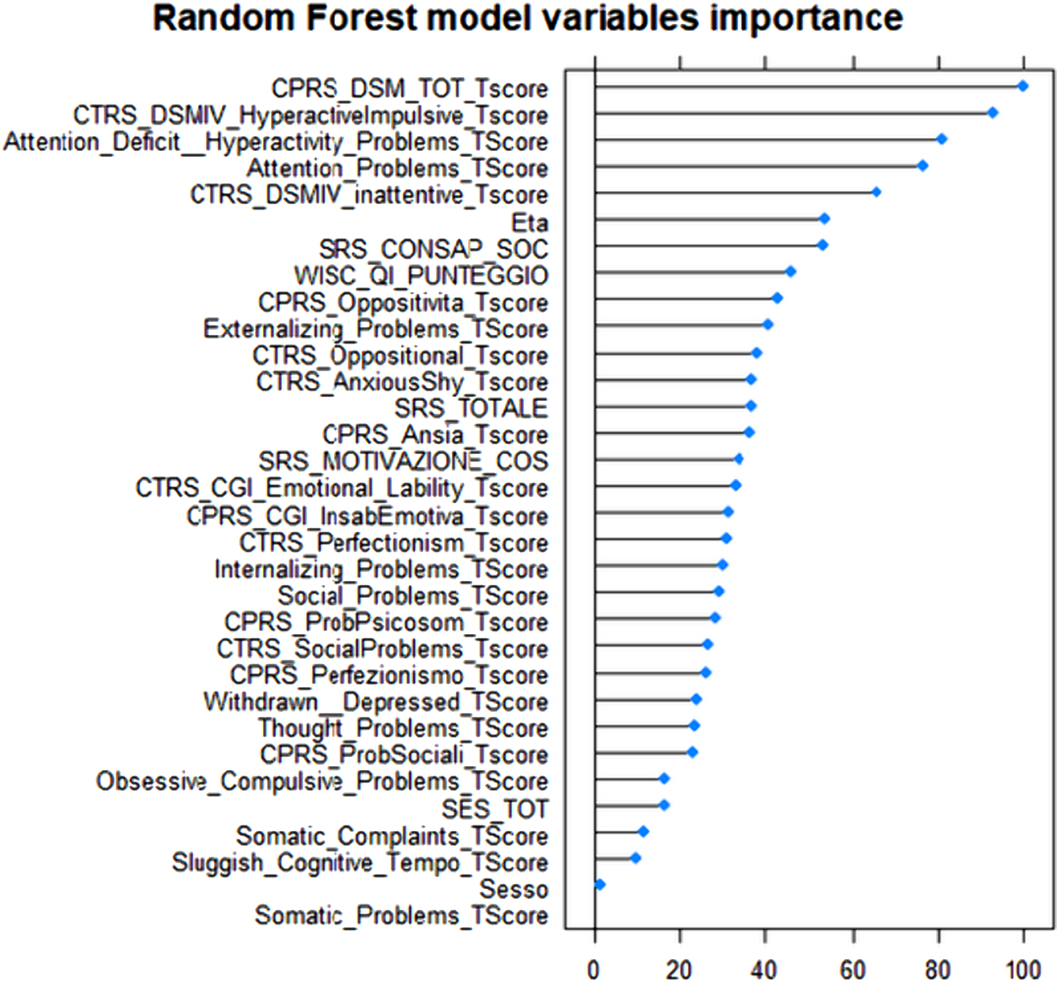Current psychiatric diagnostic practice is usually based on groups of symptoms reported by patients which are compared with symptom clusters in recognized diagnostic classifications, such as the Diagnostic and Statistical Manual of Mental Disorders (DSM-5). The number of psychiatric diagnoses has increased in each edition of DSM, which may not be in the best interest of those we treat. Some of the issues with increasing diagnostic categories include potential for overmedicalization, lack of scientific evidence relating to each diagnostic category, and clinician efforts to make a precise diagnosis too early when a more longitudinal assessment is necessary. Clinicians should be mindful of this in their practice and ensure that the unique life experience of each individual is considered in clinical encounters.



